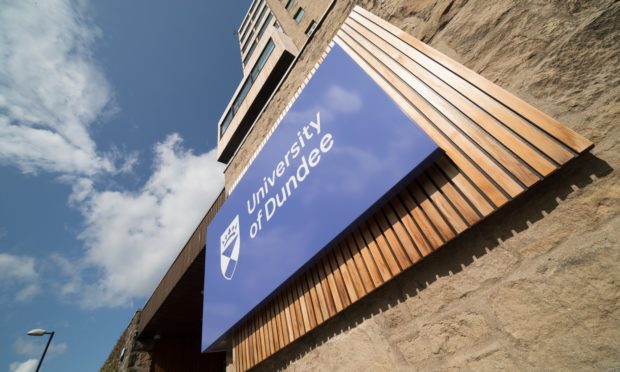Dundee scientists have contributed to a medical “breakthrough” that could slash the risk of heart attacks and strokes among vulnerable patients.
Working with colleagues in Leeds they have tested an experimental compound on obese and diabetic mice that has reversed disease in their blood vessels.
The findings open up the possibility of creating a drug that could have the same effect in people living with type 2 diabetes, high blood pressure, high cholesterol and obesity.
Eddie Johnston from Diabetes UK said: “We know that people living with diabetes are at higher risk of heart attacks or stroke, but we don’t yet know exactly why.
“The new research helps to shed light onto the connection.
He said the research could deliver “new treatments that could help people with diabetes live longer, healthier lives.”
The Journal of Clinical Investigation published the findings of the eight-year study, involving researchers in Dundee and Leeds, on Monday.
Project co-leader Professor Mike Ashford, University of Dundee, said: “Our work demonstrates that an early abnormal biological process, which is strongly linked to Alzheimer’s disease, may be responsible for vascular disease and hypertension in people with obesity and diabetes.”
“These findings suggest the exciting possibility whereby existing drugs that have unfortunately shown no benefit in clinical trials for Alzheimer’s Disease, may instead be used to treat vascular disease in this group of people.”
The team found a mechanism that triggers changes in the blood vessels, which can eventually lead to cardiovascular disease.
It starts when people begin to overproduce an enzyme called BACE1, which in turn creates a protein called beta amyloid.
Raised levels of beta amyloid are associated with damage to the surface lining of blood vessels. This disrupts the normal functioning of the blood vessels leading to high blood pressure, the build-up of plaque along the walls of the blood vessels, and then heart attacks or strokes.
Lead author Dr Paul Meakin, from the University of Leeds,said the tests on mice showed “progression of disease in badly damaged blood vessels being reversed.”
“Sometimes in science you look at the data you produce and there is the hint of something there – but the effects that we observed were dramatic,” he said.










